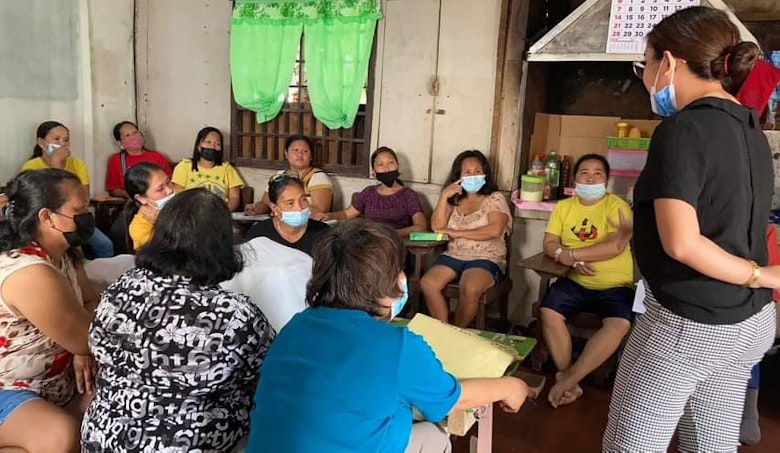Sharing practices of community-based foster care
Deciding to be a foster parent is a big step for anyone’s life. It is a commitment that is not temporary but can last a lifetime. In the Central Visayas region of the Philippines, only few families have the enthusiasm to apply for a foster parent licence due to many requirements.
With less foster families, children and youth who are victims and at risks of sexual exploitation do not have other opportunities to experience what many children have... a happy and safe home. A solution to this problem was the main objective of Terre des Hommes Netherlands’ ‘Community-based Alternative Care for Commercial Sexual Exploitation of Children’ project (or CARE for CSEC) with the support of Fellowship for Organizing Endeavors (FORGE). The project began in 2019 and is set to end this year.
Due to the nature and importance of the project to the country, its value to the community and the government cannot be measured. In this regard, FORGE is replicating it in other areas where the organisation is operating.
FORGE is currently implementing a project called ‘Strengthening local systems and partnerships for more effective and sustainable counter trafficking in persons (STRENGTH CTIP)’ in the provinces of Cebu, Negros Oriental, and Siquijor. Funded by the United States Agency for International Development (USAID) through the Partnership Development Assistance in the Philippines (PDAP), the project will include activities similar to Terre des Hommes’ CARE for CSEC project.
This year, FORGE targeted five to ten foster parents/families to be licensed in cities of Dumaguete and Sibulan in Negros Oriental to cater and temporarily foster child victims of trafficking. The personnel assigned in Negros Oriental frequently consult with the project team of CARE for CSEC on how to work with the government, and how to process foster parent applicants. In fact, the project head of the CARE for CSEC project was their resource speaker during the training of their staff.
Staff working on the CARE for CSEC project also share their best practices such as having constant consultation with children, spreading awareness in the community about foster care laws, and how to encourage families to apply for a license to take children at risks or those who have been abused. FORGE believes that having a community-based foster care programme in many other areas in the country such as Negros Oriental is timely due to rising cases of child trafficking.
Terre des Hommes Netherlands is proud to share its effective blueprint for locally-based foster care programmes which are being sustained and replicated in other parts of the Philippines.

